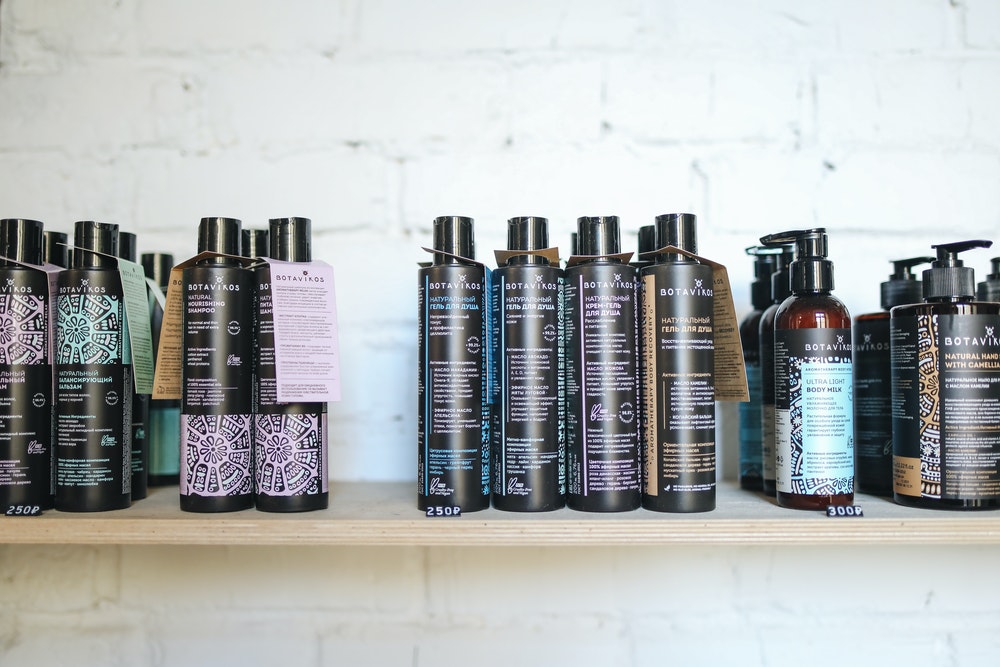A lot us have trouble falling asleep. Sleeplessness could be due to multiple factors such as too much stimulation before bedtime, too much caffeine intake, sleep-related disorders like insomnia or mental health disorders like anxiety. A recent study has now added another potential factor to the mix: endocrine-disrupting environmental chemicals (EDCs), especially phthalates. Exposure to these environmental chemicals, leading to sleep disorders are seen more in women during menopause, the study observed.
Study results are published in Menopause, the journal of The North American Menopause Society (NAMS).
Around menopause, many women experience trouble with their sleep. Women who already suffer from sleep disorders, exposure to various chemicals, found in hundreds of products used daily, can further pose a threat to their health.
More Phthalates, Less Sleep, Suggests Research
The study based on data from the Midlife Women’s Health confirmed that the frequency of sleep disruptions in midlife women is associated with higher concentrations of phthalates found in the body. The study based on data gathered from more than 760 premenopausal and perimenopausal women, suggests that the frequency of sleep disruptions is associated with urinary concentrations of phthalates.
Up to 60% of women in the menopause transition face sleep difficulties. Women who have trouble falling asleep can be at greater risk of developing depression that can lead to worse health outcomes.
The relationship between toxic chemicals and disrupted sleep may be affected by other factors as well, like smoking. Because smoking is known to impact both sleep and hormones, women with the same levels of chemicals who were former smokers reported different effects on their sleep than nonsmokers, suggesting that smoking history has a strong influence on the link between phthalates and sleep problems.
The Pervasiveness of Phthalates
Phthalates are common EDCs that are found in an array of industrial plasticizers and chemical stabilizers. They can be found in plastics and food packaging. Phthalates increase the performance of everything from food packaging and clothing to cosmetics and children’s toys. Personal care products, in particular, are a major area of exposure.
Due to their pervasiveness, it isn’t possible to avoid phthalates completely. The chemicals appear to concentrate more in women than men, the study notes, as increased exposure to phthalates come from personal care products which can significantly increase the risk of sleep disorders. Phthalates are used as ingredients in personal care products, including skin-care products, perfumes, and colognes. And since they are typically part of any products’ fragrance mixtures, you are also likely to encounter them in anything with an aroma, from candles to detergents to trash bags.
Since phthalates are known to modulate the hormones associated with sleep and depression, researchers surmised that they may be associated with sleep in midlife women.
More Research is Needed
Even though the latest study has been able to map out solid links, it still stands as an observational study and future developments and clinical trials would be needed to provide compelling evidence. Additionally, because of the influence of other variables like smoking, more research is warranted to fully understand this association.
The underlying mechanisms of how hormones and endocrine-disrupting chemicals exposure influence sleep, particularly in midlife women is also something that needs to be explored more. , Stephanie Faubion
The medical director for the North American Menopause Society (NAMS), Stephanie Faubion, says,
“This study raises concerns and additional questions about a possible contribution of phthalates to sleep disturbances in premenopausal and perimenopausal women. Additional research into these endocrine-disrupting chemicals and their interactions with hormones, sleep, and mood in midlife women is needed”.
Limit Exposure to Harmful Chemicals as Much as Possible
Try to look for “phthalate-free” products to help lower your risk of EDCs. Given that phthalates are often used in fragrances, avoid products that are labelled to have fragrance as one of the ingredients. Instead, choose products that disclose specific fragrance ingredients or are fragrance-free completely.


